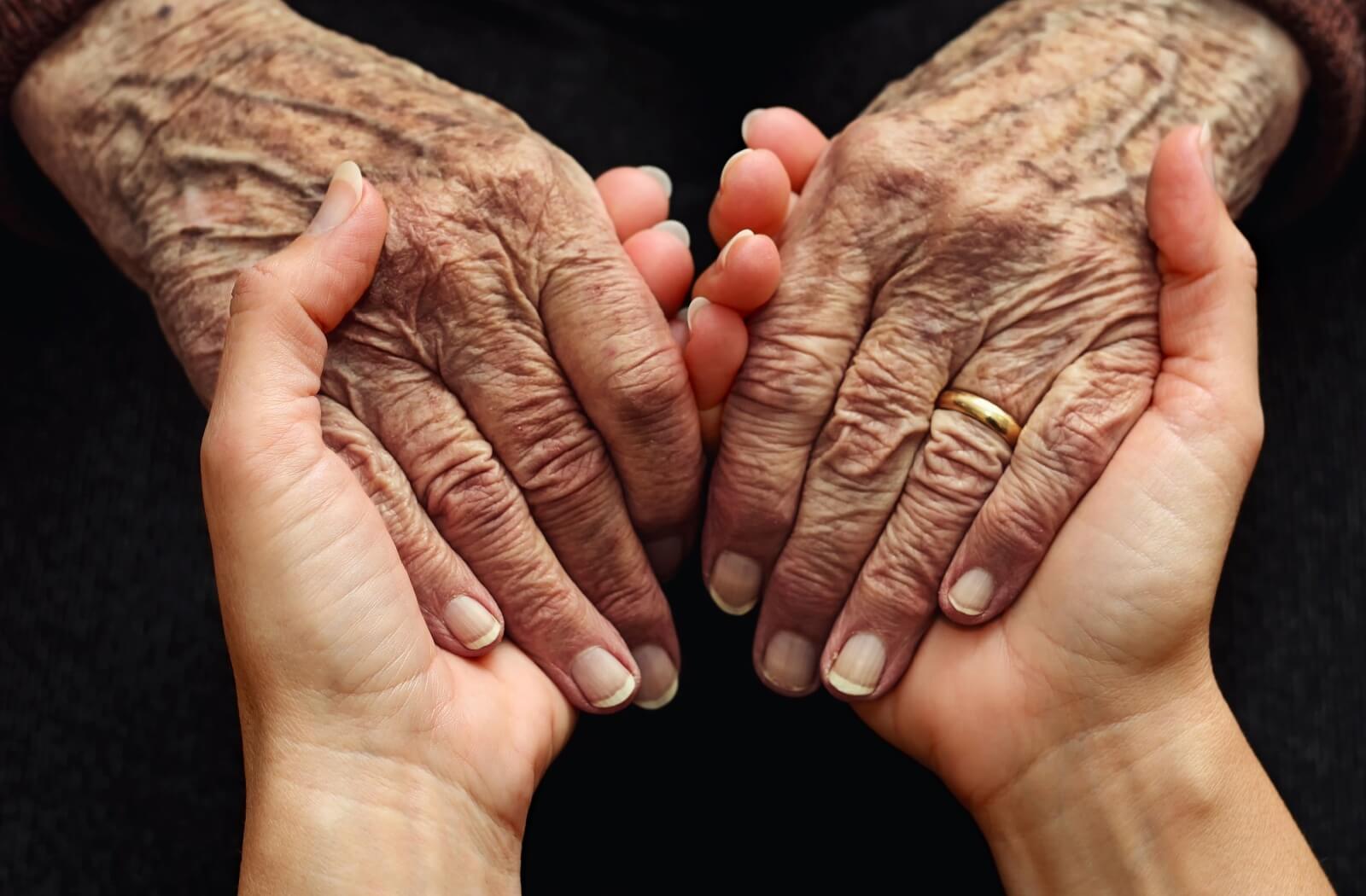Caring for an aging parent, spouse, or family member is one of life’s most meaningful responsibilities. Yet this rewarding journey will often come with unexpected challenges that can leave even the most dedicated caregivers tired and feeling overwhelmed. The physical demands, emotional stress, and constant vigilance required can take a significant toll on your well-being.
That’s where respite care becomes a game-changer. This supportive service offers temporary relief for primary caregivers while ensuring your loved one continues receiving quality care in a safe, nurturing environment. Far from being a luxury, respite care is an essential resource that benefits everyone involved—both the caregiver and the care recipient.
Understanding these benefits can help you make informed decisions about incorporating respite care into your caregiving plan. Let’s explore how this valuable service can transform your caregiving experience and strengthen the bonds with those you love most.
What is Respite Care?
Respite care provides temporary relief for primary caregivers by offering short-term care services for their loved ones. This care can take place in various settings, including adult day centers, assisted living communities, or even in the comfort of your own home with professional caregivers.
The duration of respite care is flexible, ranging from a few hours to several weeks, depending on your specific needs. Whether you need coverage for a medical appointment, a weekend getaway, or an extended vacation, respite care services can be tailored to fit your schedule and circumstances.
- Reduces Caregiver Stress & Burnout
Caregiving demands can quickly become overwhelming. The National Alliance for Caregiving reports that between 40 to 70% of caregivers have clinically significant symptoms of depression, while many also face physical exhaustion from the round-the-clock nature of their responsibilities.
Respite care provides essential breathing room that allows you to step back and recharge. When you have regular breaks from caregiving duties, you can process emotions, reduce anxiety, and prevent the dangerous spiral toward burnout. This temporary relief helps restore your mental clarity and emotional balance, making you more resilient for the challenges ahead.
Professional respite caregivers bring fresh energy and specialized training to care situations. Their presence not only gives you peace of mind but also ensures your loved one receives attentive, quality care while you take time for yourself.
- Improves the Quality of Care
Exhausted caregivers simply cannot provide their best care. When you’re running on empty, even simple tasks become more difficult, and your patience may wear thin more quickly than usual. This stress can inadvertently impact the quality of care your loved one receives.
Respite care breaks this cycle by ensuring you return to caregiving refreshed and energized. With renewed focus and patience, you can better attend to your loved one’s needs, communicate more effectively, and approach challenges with creative problem-solving skills.
Additionally, professional respite caregivers often bring specialized knowledge and techniques that can benefit your loved one’s care routine. They may introduce new activities, suggest helpful modifications to daily routines, or provide insights that enhance your overall caregiving approach.
- Provides Social Interaction for Loved Ones
Social isolation can be a common concern for seniors and individuals requiring care. Respite care services will often include group activities, outings, and opportunities for more meaningful social interaction with peers in similar circumstances.
These social connections provide mental stimulation and emotional support that family caregivers alone cannot always offer. Whether it’s participating in art therapy, enjoying musical programs, or simply sharing conversations with new friends, these interactions can significantly improve your loved one’s mood and cognitive function.
Many respite care programs also offer specialized activities designed to engage individuals with various conditions, from memory care programs for those with dementia to physical therapy sessions for those recovering from injuries. This variety ensures your loved one stays active and engaged while you take your well-deserved break.

- Allows Caregivers to Maintain Personal Well-being
Your own health and happiness matter tremendously. Respite care gives you the freedom to attend medical appointments, maintain friendships, pursue hobbies, or simply enjoy quiet time to yourself. These activities aren’t selfish indulgences—they’re essential for your long-term ability to provide care.
Regular respite care enables you to maintain important aspects of your identity beyond caregiving. Whether you want to return to work part-time, take up that painting class you’ve been considering, or simply enjoy uninterrupted time with friends, these experiences help you maintain your sense of self.
When you prioritize your own well-being, you model healthy behavior for your loved one and demonstrate that self-care is valuable and necessary. This balance ultimately benefits everyone in your family circle.
- Strengthens Family Relationships
Constant caregiving can sometimes strain family relationships, especially when one person bears most of the responsibility. Respite care helps prevent resentment and fatigue from building up, allowing you to approach your loved one with greater patience and genuine enjoyment of their company.
When you’re not constantly focused on care tasks, you can rediscover the joy in simply spending time together. You might find yourselves laughing more, sharing stories, or engaging in activities you both enjoy without the pressure of managing care needs simultaneously.
Respite care also provides opportunities for other family members to become more involved in caregiving without feeling overwhelmed by the full-time commitment. This shared responsibility can strengthen family bonds and ensure your loved one benefits from multiple caring relationships.
Take the First Step Toward Better Care
Respite care isn’t just beneficial—it’s essential for sustainable, compassionate caregiving. By providing regular breaks, improving care quality, offering social opportunities, supporting your well-being, and strengthening family relationships, respite care creates a positive cycle that benefits everyone involved.
Remember, seeking respite care demonstrates wisdom and strength, not weakness. You’re ensuring the best possible outcomes for both yourself and your loved one by acknowledging your human limitations and accessing available support.
Ready to explore respite care options for your family? Schedule a tour at All American Assisted Living at Hanson today to see firsthand how these services can transform your caregiving journey. Your future self—and your loved one—will thank you for taking this important step.





